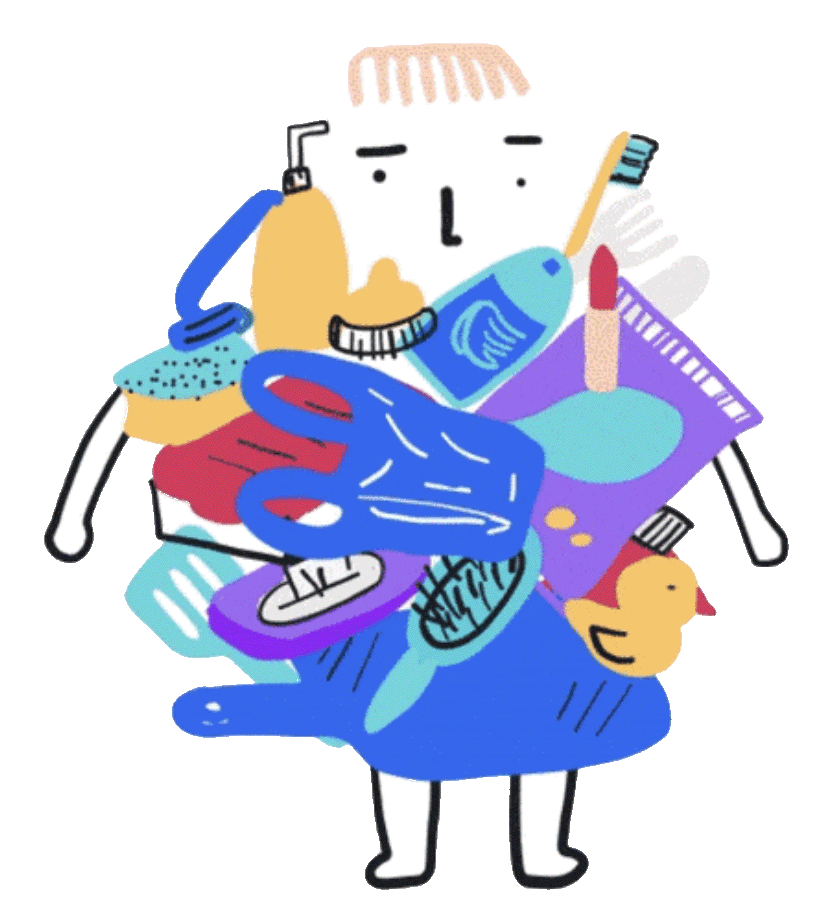In een nieuw rapport van Tearfund is voor het eerst berekend hoeveel ton plasticvervuiling vier multinationals, Coca-Cola, Pepsi-cola, Nestlé en Unilever, in een zestal arme landen veroorzaken: een half miljoen ton! Coca-Cola blijkt de allergrootste vervuiler en is in zijn eentje verantwoordelijk voor 200.000 ton daarvan.
De berekening is gemaakt voor zes landen; China, India, Filipijnen, Brazilië, Mexico en Nigeria. Volgens het rapport van Tearfund, The Burning Question: will companies reduce their plastic use?, komt er in deze landen elke 20 minuten een voetbalveld vol plastic verpakkingsafval bij met een laag van 10 cm. En dat is alleen nog maar wat deze vier multinationals in deze zes landen veroorzaken. De realiteit is natuurlijk dat deze multinationals hun producten in 190 tot 200 landen verkopen. Het gaat hier om plastic dat niet gerecycled wordt, maar gestort of verbrand in de open lucht. De milieu- en gezondheidsproblemen die dat veroorzaakt, worden elk jaar erger.
83 voetbalvelden per dag
Het rapport is onderdeel van Tearfunds Rubbish-campagne, die in mei vorig jaar gestart is. Om nog even bij de voetbalvelden te blijven: gezamenlijk zijn de vier dus verantwoordelijk voor het bedekken van 83 voetbalvelden per etmaal, waarvan Coca-Cola er 33 per etmaal vult, en Unilever – de ‘schoonste’ van de vier – 11 voetbalvelden.
Het rapport presenteert niet alleen abstracte cijfer, het laat ook zien wat het in de praktijk betekent wanneer mensen noodgedwongen hun plastic moeten verbranden. Interviews met inwoners van Dar es Salaam, Tanzania, laten zien wat de gevolgen zijn, voor hun gezondheid, maar ook bijvoorbeeld voor hun portemonnee, omdat ze medicijnen moeten kopen. Het is geen wonder dat 86% van de 2000 ondervraagden plasticvervuiling als ernstig probleem beschouwt en 91% hierover meer bezorgd is dan drie jaar geleden.
Immoreel
Alle vier de multinationals verkopen in plastic verpakte producten in landen met middel- en lage inkomens, én met een gebrekkig afvalmanagementsysteem. Bij elkaar gaat het jaarlijks om miljarden flesjes, zakjes en bakjes. Deze bedrijven doen dat in de volle wetenschap dat:
- Hun plastic verpakkingen niet op de juiste manier worden opgehaald en gerecycled;
- Dat hun verpakkingen daardoor bijdragen aan toenemende plasticvervuiling, omdat de verpakkingen gestort worden of verbrand in de open lucht;
- Dat deze vervuiling ernstige en toenemende schade berokkent aan milieu en gezondheid van mens en dier.
Het oordeel van Tearfund is duidelijk: dit valt moreel op geen enkele wijze te verdedigen.
Wat denken de multinationals hieraan te doen?
De hoofdvraag is of de multinationals hun plasticgebruik werkelijk en binnen afzienbare tijd zullen verminderen. Tearfund heeft daarom de maatregelen geïnventariseerd die ze hebben aangekondigd. Alle vier hebben ze inmiddels toegezegd jaarlijks hun plasticgebruik te publiceren.
Coca-Cola – Belooft om in 2030 evenveel flessen in te zamelen en te recyclen als het bedrijf per land verkoopt. Er is geen belofte om de hoeveelheid nieuw (virgin) plastic te verminderen.
Pepsico – Belooft om in 2025 het gebruik van nieuw plastic in flesjes met 20% te verminderen. Maar zegt niets toe over inzameling van flesjes, noch over vermindering van het totale gebruik van plastic.
Nestlé – Belooft om in 2025 een derde minder nieuw plastic te gebruiken, maar zegt niets over een algehele vermindering van het plasticgebruik. Wel belooft het bedrijf evenveel plastic in te zamelen als het in twaalf (niet nader genoemde) landen verkoopt.
Unilever – Belooft om in 2025 de helft minder nieuw plastic te gebruiken en het totale plasticgebruik met een zesde te verminderen. Er zal minstens zoveel plastic ingezameld worden als het bedrijf verkoopt.
Wat zouden de multinationals moeten doen?
Tearfund heeft aan de multinationals vier eisen gesteld:
- Publiceer nog dit jaar het aantal eenmalige verpakkingen dat jaarlijks in elk land afzonderlijk verkocht wordt;
- Reduceer dit aantal met de helft in 2025. Ga over op alternatieve verkoopmethoden, zoals hervulbare en opnieuw te gebruiken bakken;
- Recycle in 2022 elke verpakking die in ontwikkelingslanden verkocht wordt en zorg dus voor een adequaat inzamelingssysteem;
- Herstel de waardigheid van de waste-pickers door met ze samen te werken en recyclingsystemen op te zetten die de samenleving én het milieu geen schade berokkenen.
De conclusie van Tearfund, dat de huidige aangekondigde maatregelen bij lange na niet voldoende zijn, wordt door de Plastic Soup Foundation onderschreven.




